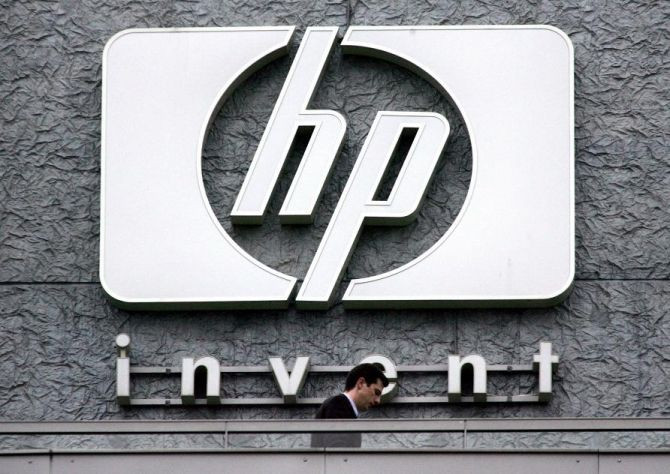HP Moves to Salvage webOS, Contributes to Open Source

Today Hewlett-Packard made an attempt to salvage an operating system that appeared to go under with the HP TouchPad, announcing it will contribute its webOS software to the open source community.
“webOS is the only platform designed from the ground up to be mobile, cloud-connected and scalable,” said Meg Whitman, HP president and CEO. “By contributing this innovation, HP unleashes the creativity of the open source community to advance a new generation of applications and devices.”
HP stated the goal of the project is to accelerate the open development of the webOS platform and that it will be an active participant and investor in the project.
The operating system was launched in 2009 by Palm. HP purchased Palm in 2010 with dreams of putting webOS into everything, including printers. A few months after the acquisition, the HP TouchPad stumbled out of the gates, and former HP CEO Leo Apotheker nixed the program.
A resulting TouchPad fire sale and CEO transition later, and the webOS appears poised to bounce back.
Gizmodo’s Brian Barrett called the announcement “the most dramatic stay of execution since Robin Hood shot an arrow through Little John's noose.”
“Good work, HP. This couldn't have worked out better,” wrote Barrett.
Not everyone in the tech world reacted with so much enthusiasm. There are concerns that interested developers may be lacking.
“Even if HP does right by its webOS staffers and the open-source community, will developers want to work on it? After all between Android and iOS, most mobile developers already have their hands full,” wrote Steven J. Vaughan-Nichols of ZDNet.com.
On Twitter, PCMag.com’s Sascha Segan pointed to the history of Nokia's Symbian, which failed when it was released as an independent open-source platform to attract more vendor support.
Roger Cheng of CNET had similar concerns, noting, “The company is gambling that the operating system will take off on its own. It's a bad bet.”



























